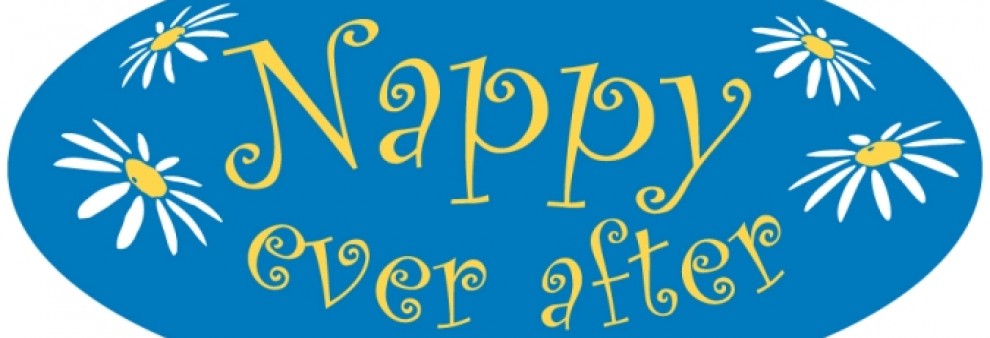This year Reusable Nappy Week starts on Earth Day, 22 April. All over the UK cloth nappy enthusiasts will be out and about and online raising awareness that there is an alternative to the easily available single-use “disposable” nappies for sale in all supermarkets.
Whether or not to use washable nappies is one of the conundrums facing parents-to-be. They are controversial. Are they really better for the environment than single-use nappies? What about the washing and detergent? What about the extra laundering that usually falls on the mum? Passions rage on both sides. The cloth nappy industry competes in a market that is rigged in favour of single-use nappies, a multi-billion dollar industry that in the UK is subsidised by the state through free nappy waste disposal.
Scientific life-cycle analyses comparing the impacts of reusable and disposable nappies struggle to convince that one is significantly better than the other. But there are two things you can’t argue with. First, that so-called disposable nappies create a huge amount of plastic waste that has to be disposed of either by incineration or burying in a landfill. The second point is that since the advent of super-absorbent single-use nappies children become continent much later. Before the dominance of single-use nappies toddlers tended to be clean at one year, dry during the day at 18 months and dry at night about a year after day-time continence has been achieved. These days too many children without special needs are arriving at school still in nappies.
40 years ago, before the introduction of super absorbent plastic chemicals into what were disposable nappies (made of just bleached paper pulp) there was no viable alternative to cotton terry towel and muslin nappies. Cotton nappies get thoroughly soaked and this gives the child the sensations that stimulate them to experiment with holding and releasing their bladders while they are still wearing nappies.
When all children wore cotton nappies they were out of nappies by two and a half. Nowadays it has become common for a third of children to arrive for reception, still wearing nappies. With so many families living in poverty, too much of a limited family budget is spent on disposable nappies – and it’s not necessary. Much of that expense and the nappy waste could be avoided because many of those children wearing the nappies are quite capable of taking themselves to the toilet.
Nappy Ever After has been promoting the benefits of cloth nappies since 2003. We offer a nappy laundry service in a small area of north London and we also have a shop that sells reusable nappies and gives advice on washing nappies.
See Nappy Ever After’s website for top tips for helping your child become independent of nappies.



